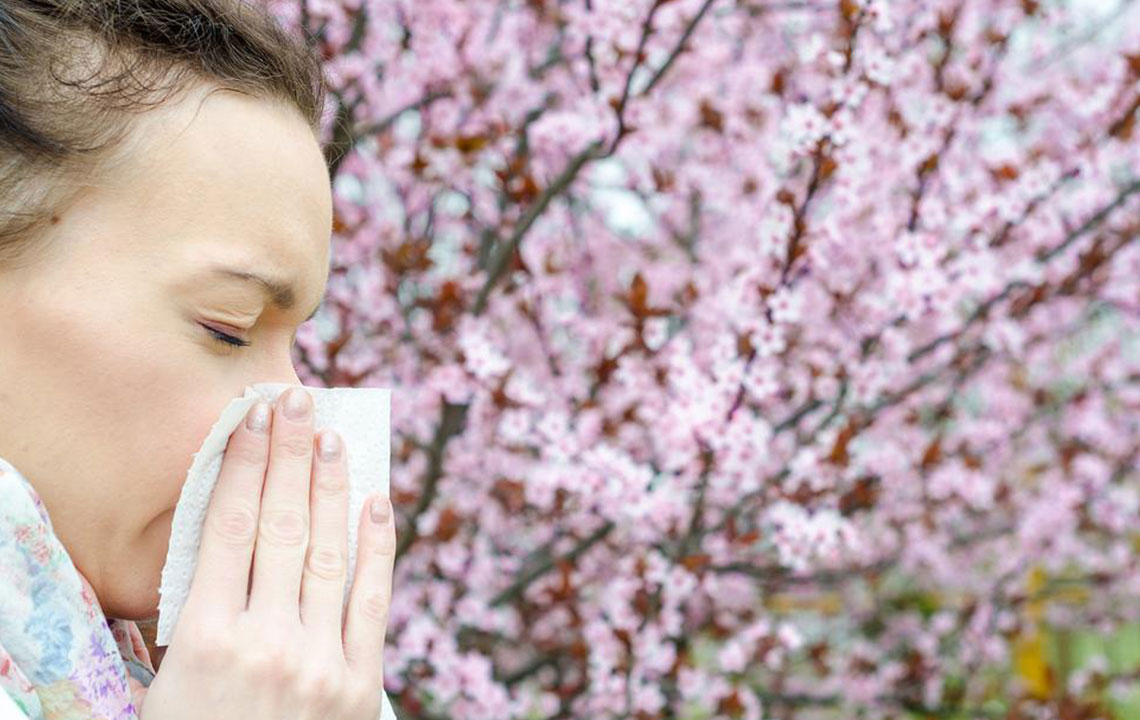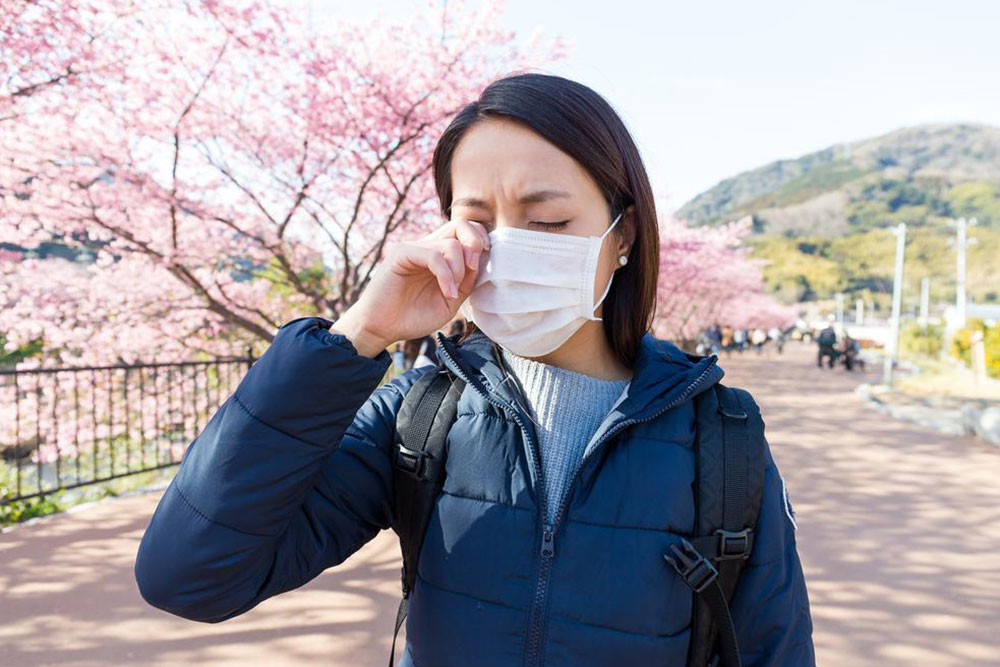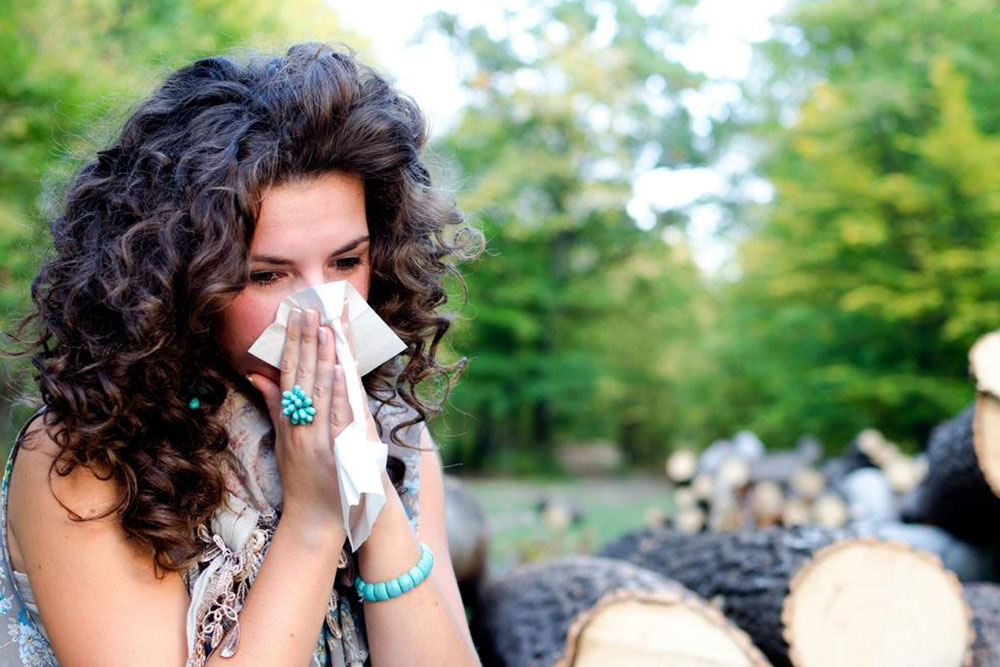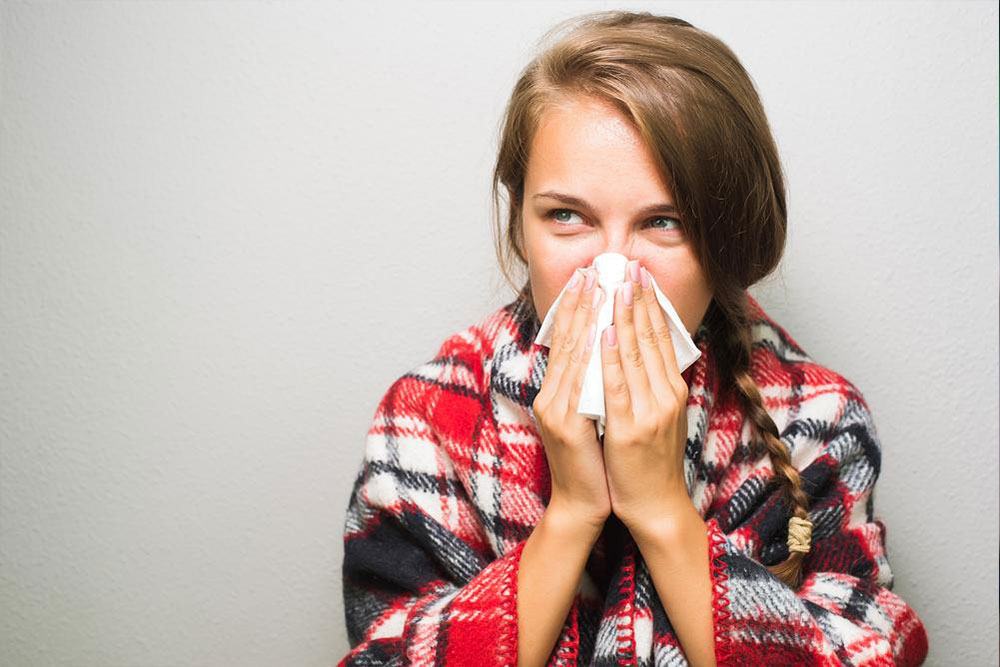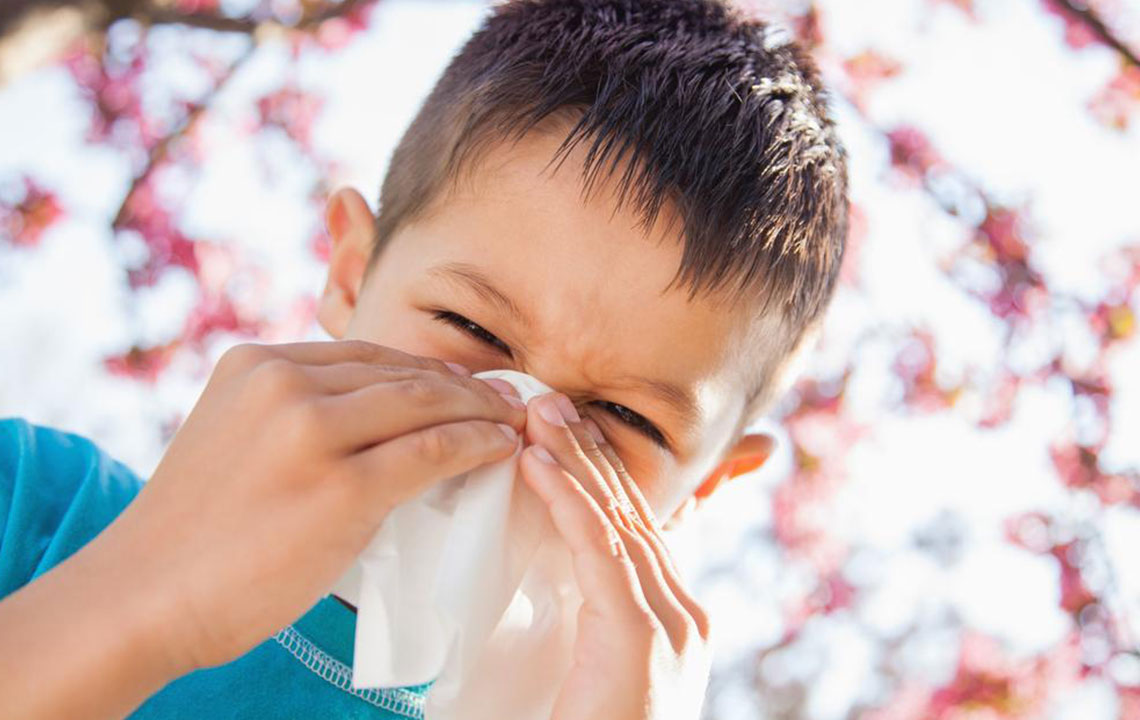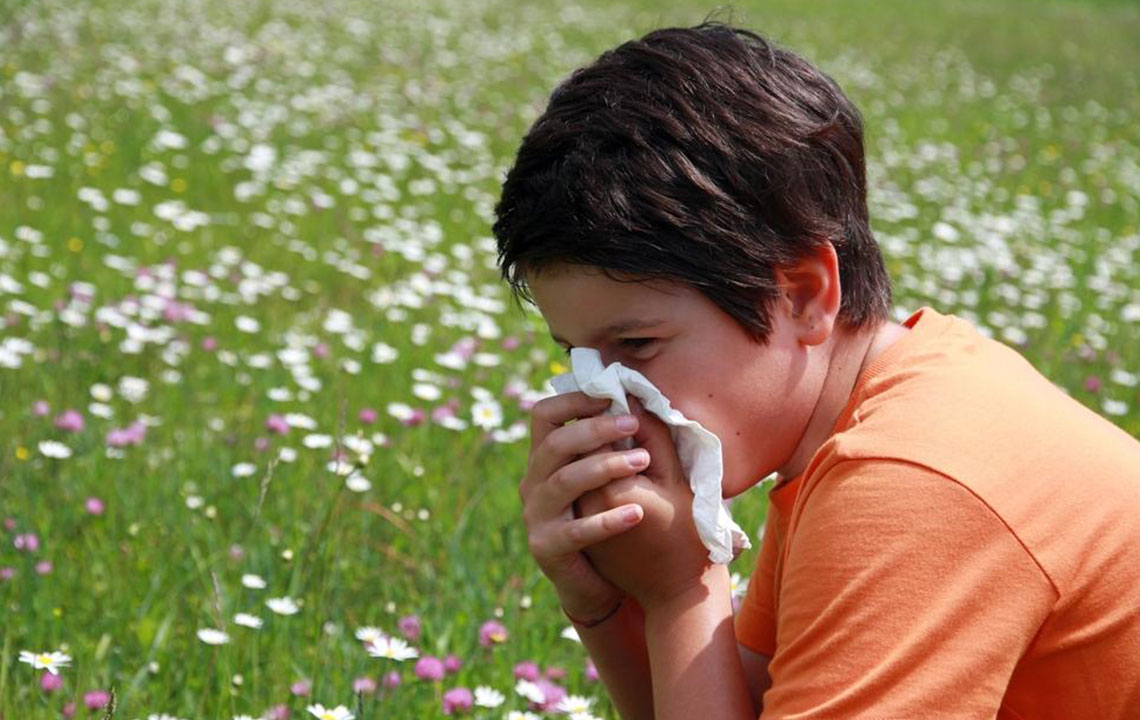Effective Strategies to Alleviate Children's Allergies
Discover effective strategies and natural remedies to help your children cope with allergies. Learn about common symptoms, triggers, and management tips for pet dander, pollen, insect bites, and food allergies. Consult healthcare professionals for personalized treatment and allergen avoidance methods to ensure your child's health and comfort.
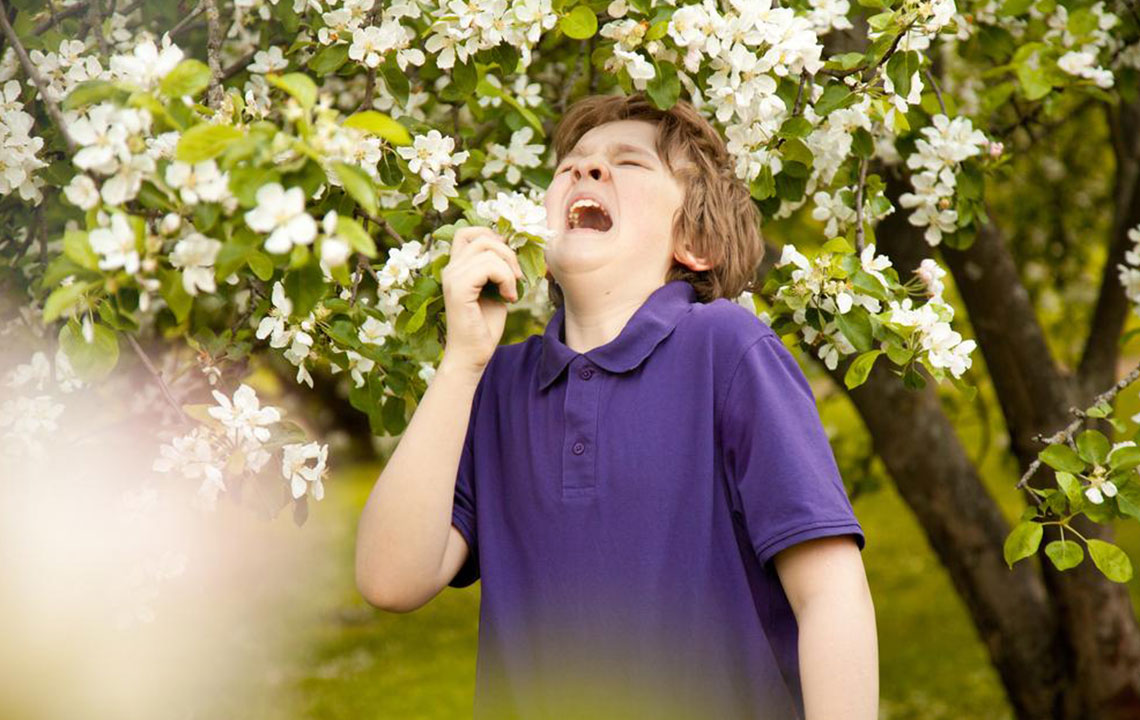
Effective Strategies to Alleviate Children's Allergies
Allergy symptoms are common among children, including infants and young kids. These reactions can be triggered by various allergens. Identifying the cause and consulting with a pediatrician are essential steps toward managing allergies effectively.
Understanding allergic reactions
Allergic responses are the body’s way of defending itself. The immune system releases histamine, which causes symptoms such as sneezing, rashes, or runny nose. While histamine helps fight invaders, excessive responses can be harmful, necessitating antihistamines to regulate reactions.
Signs of allergies in children
Children may exhibit skin issues like hives and rashes from insect bites or pet dander. Respiratory symptoms such as nasal congestion, itchy eyes, sneezing, and coughing are also common. Severe allergic reactions, including anaphylactic shock, require immediate medical attention.
Common allergic symptoms include:
Hives and skin rashes
Itchy skin
Red, swollen bumps
Sneezing and nasal congestion
Watery, itchy eyes
Wheezing
In severe cases, watch for signs like:
Swelling of face, tongue, or throat
Dizziness or weakness
Stomach cramps, nausea, or vomiting
Diarrhea
Loss of consciousness
If these symptoms appear, seek emergency medical care promptly.
Tips for relieving allergies in children
Work with your pediatrician to identify triggers and implement strategies to avoid them. Knowing effective allergy relief methods for kids is vital.
Pet-related allergies:
Consider rehoming pets if allergies are severe
For less severe cases, regular bathing and grooming can reduce dander
Limit your child's contact with animals
Insect bite allergies:
Maintain cleanliness and use insect repellents
Apply protective sprays and natural repellents in your child's room that are safe for them
Pollen, dust, and environmental allergens:
Avoid outdoor areas with heavy pollen during peak seasons
Have your child wear masks that filter allergens
Use antihistamines prescribed by your doctor
Teach your child to take medications correctly when needed
Food allergies:
Avoid allergenic foods in your child's diet
Educate your child to check food labels for potential allergens
Inform schools and caregivers about allergies
Ensure catered foods are allergen-free during social events
Managing severe reactions (Anaphylaxis):
Eliminate known allergens from the environment
Inform caregivers and teachers about the allergy
Always keep emergency injections and instructions ready
Precautionary measures:
Keep antihistamines and emergency medicines accessible
Use age-appropriate medications and check expiry dates
Equip your child with inhalers if necessary, and instruct on their use
Consult healthcare providers about allergy immunotherapy or shots to build tolerance
Natural remedies for allergy relief in children
Use saline nasal rinses to relieve congestion
Give warm baths to soothe rashes and remove allergens from skin
Mix apple cider vinegar in water and offer it to your child to reduce allergic symptoms
Incorporate anti-inflammatory foods like nuts, fish, and flaxseed in their diet
Steep nettle leaves in honey tea for antihistamine benefits
Consuming raw honey prior to allergy season may help build resistance
Always consult healthcare professionals for personalized allergy management plans and natural treatment options.

